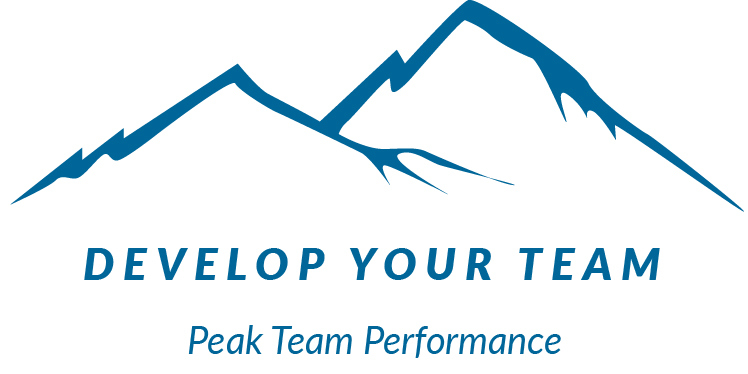 Teams change. It will happen many times in your career. Team members come and go. It’s part of the team development process identified by Bruce Tuckman in the 1960s and 70s. Forming – storming – norming – performing, and at last, transforming. After working so hard to reach and maintain the performing level, at some point things will inevitably change, and the team will transform to something else.
Teams change. It will happen many times in your career. Team members come and go. It’s part of the team development process identified by Bruce Tuckman in the 1960s and 70s. Forming – storming – norming – performing, and at last, transforming. After working so hard to reach and maintain the performing level, at some point things will inevitably change, and the team will transform to something else.
Perhaps you’ve been developing someone on your team to take on roles of greater responsibility, and that person has been an integral part of your high-performing team. And because of that individual’s efforts, your efforts, and the outstanding results of your team, the individual is offered a new position – one with even greater opportunities for development and impact. So the team transformation stage begins. The team loses a top contributor and you need to search for a quality replacement. The team is soon to find itself back in the forming stage as someone new joins the group, roles are re-evaluated, and the members of the new team get to know each other.
 If this is your team, be glad! Yes, it’s going to be a lot of work. And there may be elements of sadness in losing a close working relationship. But teams need to continually evolve to maintain high-performance levels. New team members bring fresh perspectives and new skills to the team. Add these to an already strong team foundation, and performance can reach even higher levels than before.
If this is your team, be glad! Yes, it’s going to be a lot of work. And there may be elements of sadness in losing a close working relationship. But teams need to continually evolve to maintain high-performance levels. New team members bring fresh perspectives and new skills to the team. Add these to an already strong team foundation, and performance can reach even higher levels than before.
It may feel discouraging to now feel like you are starting over at developing your team, after the high levels of performance you’ve achieved and become accustomed to. With focus and intentionality, you can help your new team develop through Tuckman’s stages more quickly. Over time, teams will naturally progress through the stages, but why not involve your team in purposeful activities to accelerate the process and improve their interactions? You might start with activities that build connection and trust among team members, and then progress to activities to improve communication, decision-making, and problem-solving skills. You’ll be back to working with a high-performing team that exceeds your expectations in no time!
Some great resources for team development activities are:
http://www.teamworkandteamplay.com/
http://www.training-wheels.com/
What kinds of things have you done to develop your team? I’d love to hear about your successes and challenges!
